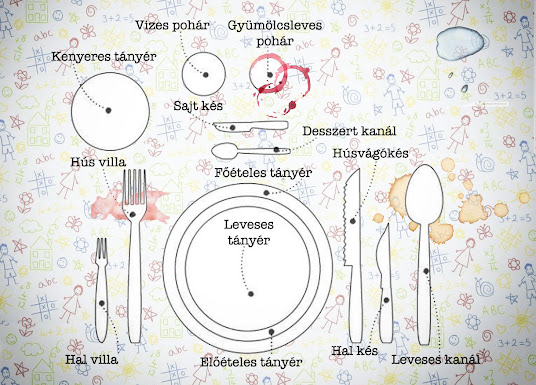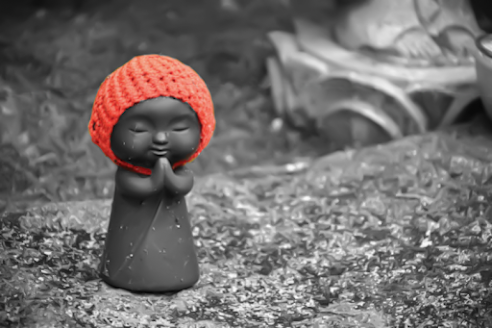The Supporting Characters of Loss
The "what if...?" is a question that defies history, yet it forever haunts the souls of those who carry the traumas of the past. A single question, and yet it instantly unearths all the pain. It's not the relentless re-emergence that hurts the most, nor even the lack of an answer, but the stark truth that there never will be one. Losing a baby is a monumental shock, even if it hasn't yet come into the world, and the grieving process begins not only for the mother but for the entire family. You're confronted with the initial shock, the helplessness, feelings of despair, emptiness, guilt, and profound sadness, all while those around you, if they even know, respond with well-meaning but often damaging platitudes: "You're still young!" "Another one will come along!" "Just move on!" "You've already got three healthy kids!" "It was just a bunch of cells!"
The healthcare system isn't necessarily equipped to support parents experiencing such a loss either, even though most couples, from the moment they see those two lines on a positive pregnancy test, are already thinking of the bump as their baby.
According to some statistics, one in four pregnancies ends in miscarriage, meaning a significant proportion of couples will experience the loss of a conceived life at least once in their lifetime. Our society tends to sweep death under the rug (the elderly go into care homes, people die in hospitals, they're buried in closed coffins), but child death is an even greater taboo. It's no coincidence that it's considered bad form to tell anyone about a new family member before the 12th week of pregnancy, as most miscarriages occur during this time, and if it does happen, we simply don't talk about it at all.
Some couples feel they have no right to anything, especially if it was an early miscarriage, but it's crucial to understand that there are no "right" or "wrong" feelings after a miscarriage. It's perfectly okay to mourn the baby, remember them, plant a tree in their memory, etc., just as it is to accept it as part of life and move forward. The grieving process can be incredibly difficult, but finding a way to commemorate the loss can help immensely, and having someone to talk to is often a huge relief. As psychotherapist András Feldmár once said, the worst thing about trauma isn't that it happens, but that it cannot be talked about. It's vital to state clearly: there is a place for grief during a miscarriage!
Many fathers are uncertain how to handle the loss of their baby; some feel they must appear strong in such a situation, worried that showing their pain will let their wives down. It's a tense feeling to witness a partner's pain and feel utterly helpless. They don't dare or want to be tense, anxious, or desperate, but this can also mean neglecting their own grief. Although they don't personally experience the physical pain, many fathers feel frustrated, angry, and helpless, unsure how to help their partner. They carry on with life "as if nothing happened," perhaps burying themselves in work, but all the while, the emotional pain of the miscarriage can torment them just as much as it does women. Many fathers feel they are merely secondary characters in the tragedy of a miscarriage, yet they too have a right to grieve, as they too have been robbed of their prospective child. It's perfectly natural for them to feel emotionally numb and empty after the initial shock, followed later by anger, rage, self-blame, sorrow, and finally, acceptance. How intensely and for how long each stage lasts varies from person to person.
So, what should be done in such times, beyond the practicalities? A father has a twofold task: firstly, to support his partner, and to understand what she's feeling and going through; and secondly, to accept and embrace his own emotions.
Supporting the Mother: A partner's physical and emotional recovery takes time. Often, the most significant help comes from keeping daily life running smoothly, like looking after the kids, shopping, housework – anything that simplifies things for the other person. Constant communication can greatly ease the burden on both parents, helping them understand each other's reactions, because it might be easier to weather and process the trauma together.
Supporting Himself: Some men experience it as a personal failure that they didn't do enough to protect their partner. It's crucial to know that early miscarriages very rarely happen due to anything the couple has direct control over. It's worth dedicating time to activities that pay dividends, for example, something that recharges or relaxes both partners. This can help nurture the relationship and create positive feelings. But even so, if he needs it, he must be given space to experience and express his own emotions. While women typically experience grief in a more emotional, communal way, men often lean towards a more rational, internalised form of grief. Studies have shown that couples who lose a child are more likely to divorce, a major factor being how vastly different the two sexes' grief can be. It's important to state clearly: a father's grief also has a place in miscarriage!
Friends and family can provide indispensable support after a miscarriage. It might also be worth seeking out an independent counsellor or a support service. There are many organisations that can offer support in relation to miscarriage.
Some couples feel that a miscarriage brings them closer, but for others, it's harder. This doesn't necessarily mean they aren't committed enough to each other, just that they react to the loss in their own way. Grief can strain even the strongest relationships, and a little professional support can help. It can also take time for either or both to desire sexual intimacy again. This is normal, and best handled by open communication.
In our cultures, we lack a ritual and an accepted mode of expression for this deeply personal loss experience, which is rarely mentioned publicly and often stays with couples for a lifetime. In Japan, Thailand, and China, after a miscarriage, they hold a Mizuko Kuyō (a memorial service for stillborn children), making offerings to Jizō, the protector of unborn babies. We might ask ourselves, what if we had... our own ritual, our own form of remembrance, or simply the ability as fathers to talk about the loss we've experienced?










